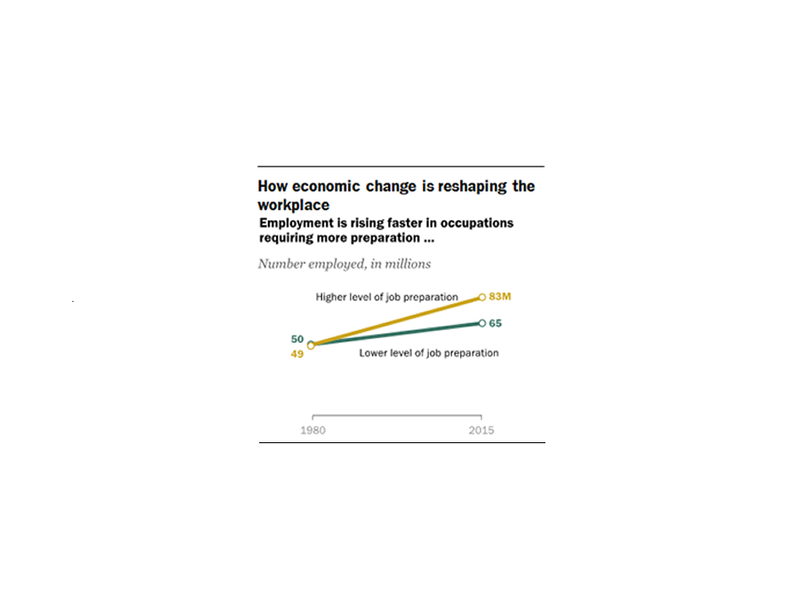
In Michigan, community partner Focus: Hope is a civil and human rights organization dedicated to overcoming racism, poverty, and injustice. The data is then used to change state and local WIC policies and practices, where possible, to make the program more responsive to people’s needs. Byrd Barr Place has been leading efforts with WIC and WIC-eligible participants to learn about their experiences with the program and any barriers to participation.

Program staff work to help community members enroll in the Special Supplemental Nutrition Program for Women, Infants, and Children (WIC), the federal initiative that helps safeguard the health of low-income families at nutritional risk. In Washington state, one nonprofit community partner, Byrd Barr Place, provides direct services and promotes systemic changes to help Black families statewide move from poverty to self-sufficiency. Holding focus groups allows organizational representatives to interview community members with lived experience with health and social services locally to gauge their concerns, recognize barriers, and identify sustainable solutions. Calling All Sectors’ partner organizations-often actual service providers themselves-have close ties to communities facing significant health inequities and have earned local people’s trust because employees tend to be residents themselves. Other efforts have sought to speak directly with those closest to the problems that states are trying to solve. The collected information is being used to inform the development of provider trainings on these topics. That will help ensure that they receive high-quality treatment and prenatal care. In Kansas, meanwhile, the departments for Children and Families, Health and Environment, and Aging and Disability as well as the DCCCA, a community partner and service provider, used system mapping to improve how the state and partners connect pregnant individuals with substance use disorder to health care and social service providers. The Minnesota grantee team used this exercise to better understand homelessness during pregnancy, to identify barriers and gaps in services, and to pursue targeted initiatives related to early childhood development, prenatal care policies, and funding. This process starts with outreach to learn about which organizations and programs are serving specific populations of interest, sources of program or population-level data, inequities revealed by or in the data available, and ideas for developing or improving services and policies. Some Calling All Sectors grantee teams engage in “systems mapping” to understand what is and is not known about a current public health problem and what services may be available to address it. Here are three methods grantees are using to ensure that decision-makers have access to the data they need to boost health equity. That data is used to align priorities, design improvements, address inequities, and measure progress. Nationwide, this initiative supports 10 cross-sector teams of community partners and state agencies in implementing strategies to identify and collect data from multiple sources.

To help focus attention on these equity issues, the Health Impact Project, a collaboration of the Robert Wood Johnson Foundation and The Pew Charitable Trusts, launched Calling All Sectors: State Agencies Joined for Health in 2019. They also should work to provide context about the circumstances behind the data. Officials also can ensure that equity concerns are considered in the data-gathering process by partnering with community members to make sure the information they have is relevant and accurate across demographic groups and at the neighborhood or community level. The availability of complete and timely data equips policymakers to understand affected populations and direct resources, track progress, and promote accountability as they develop and implement solutions to reduce long-standing inequities.

Other factors can include limited technical expertise, financial resources, and staff to integrate data across systems that often weren’t developed with such information sharing in mind. Restrictive or unclear policies for data sharing and privacy concerns can contribute to this lack of sufficient data. When state and local policymakers work to promote health equity-the guiding principle that disparities in health outcomes caused by factors such as race, income, or geography should be addressed and prevented, providing opportunities for all people to be as healthy as possible-they often lack quality data on specific problems and affected populations.


 0 kommentar(er)
0 kommentar(er)
